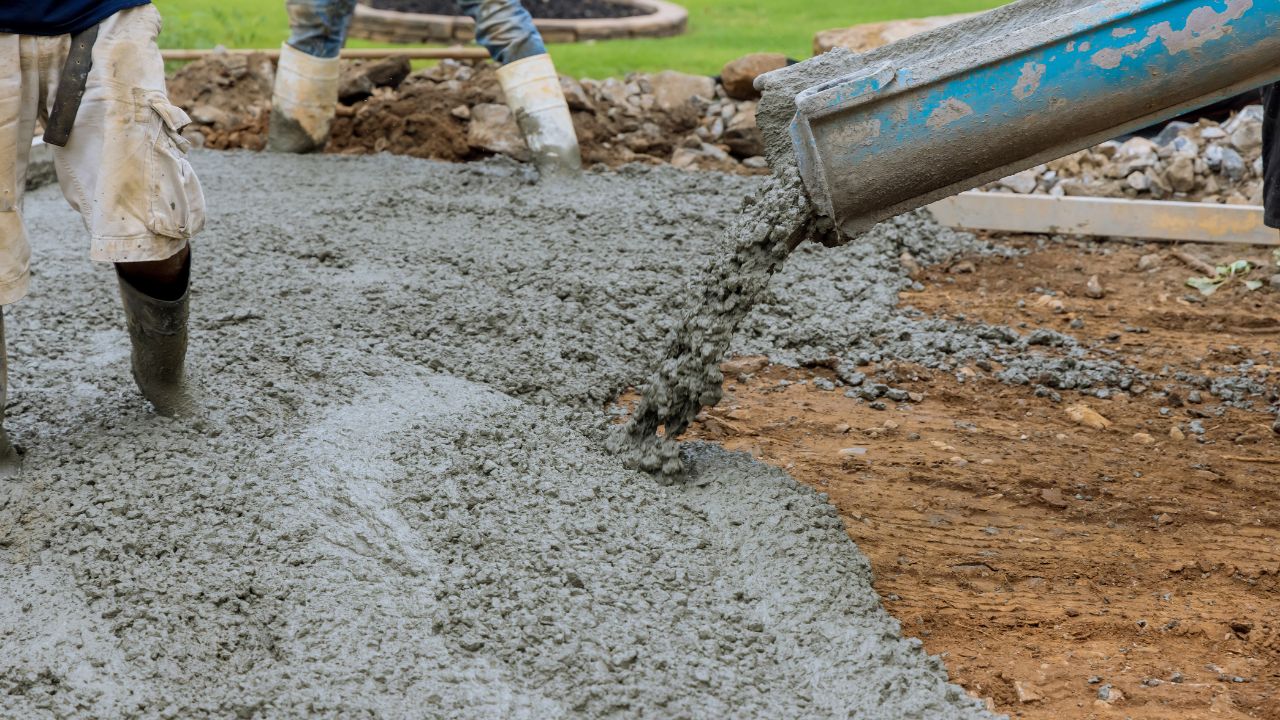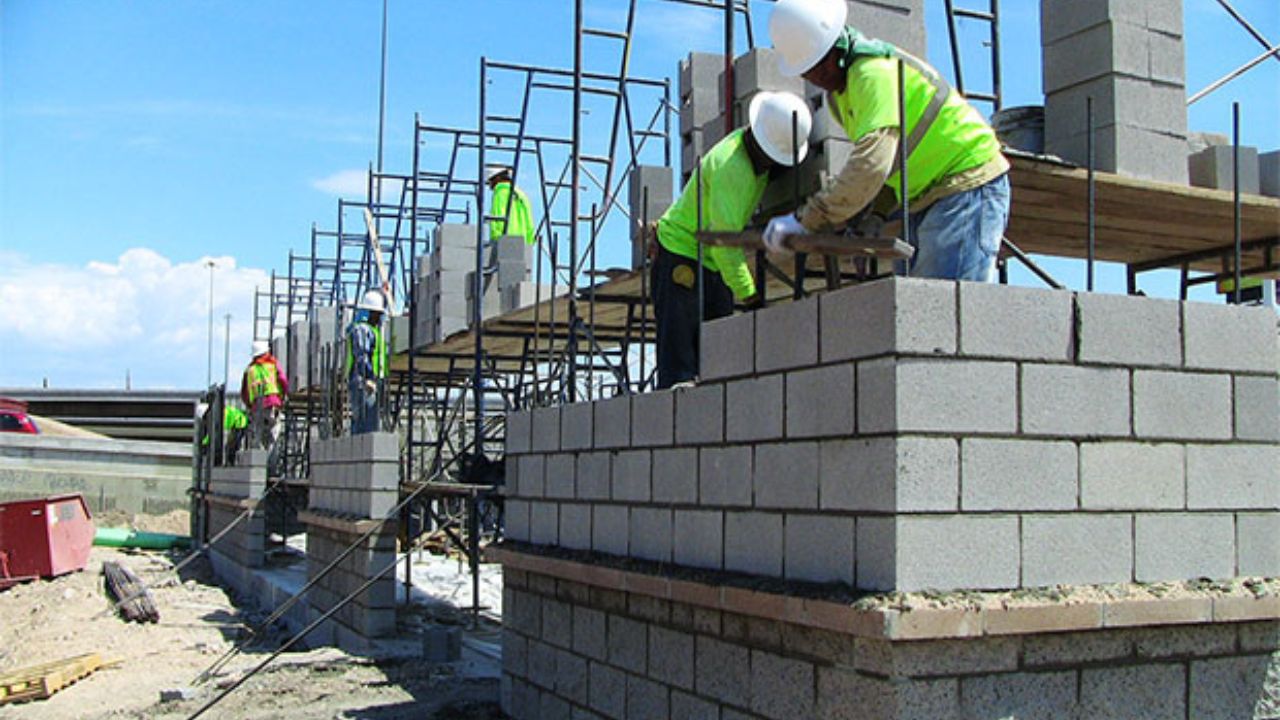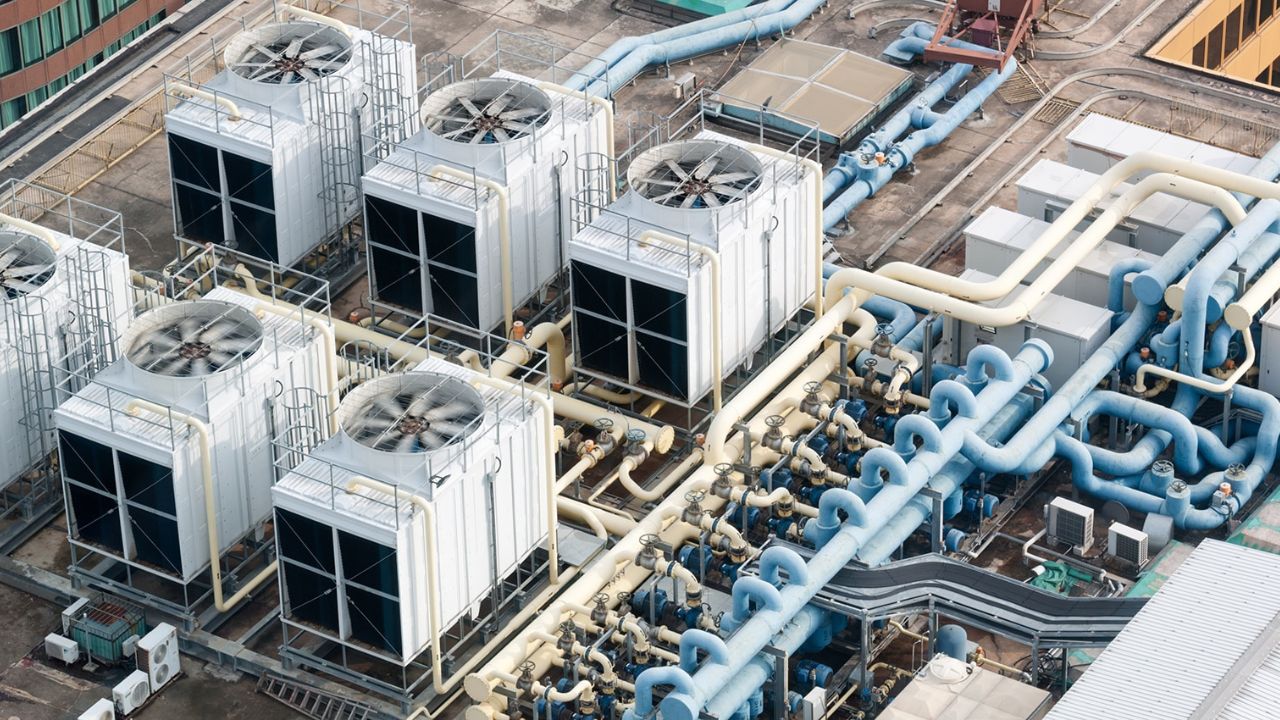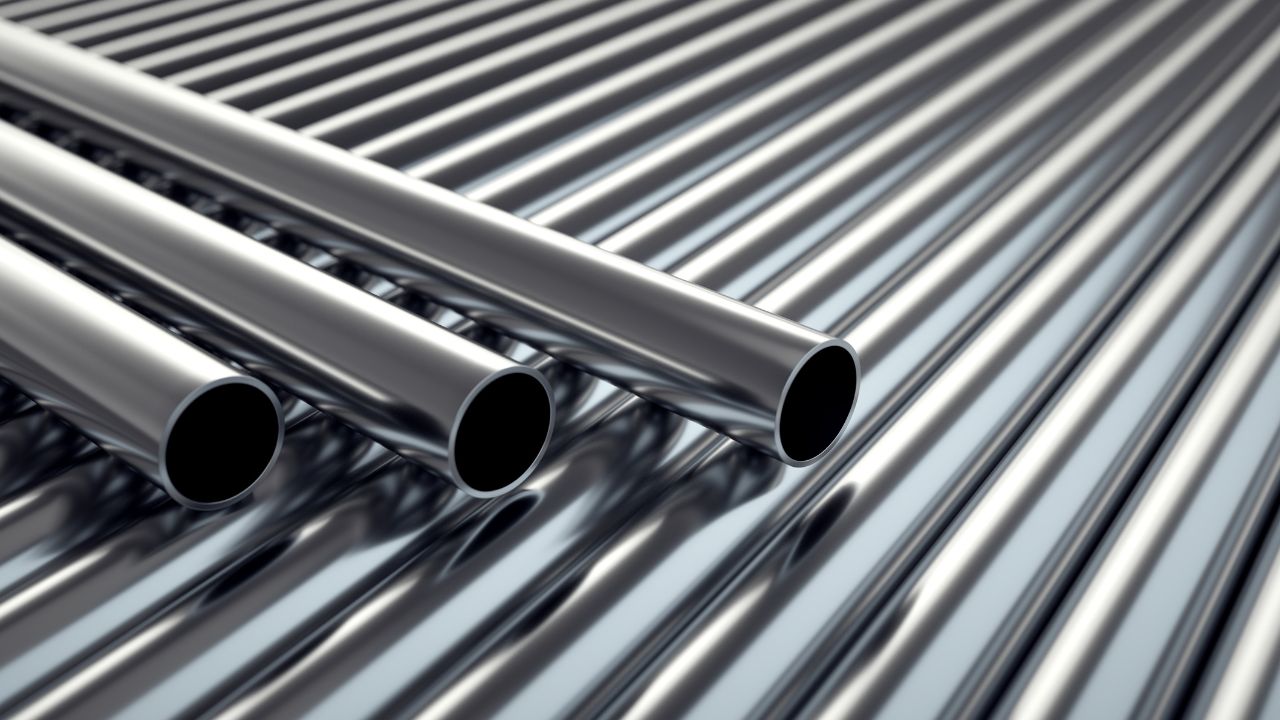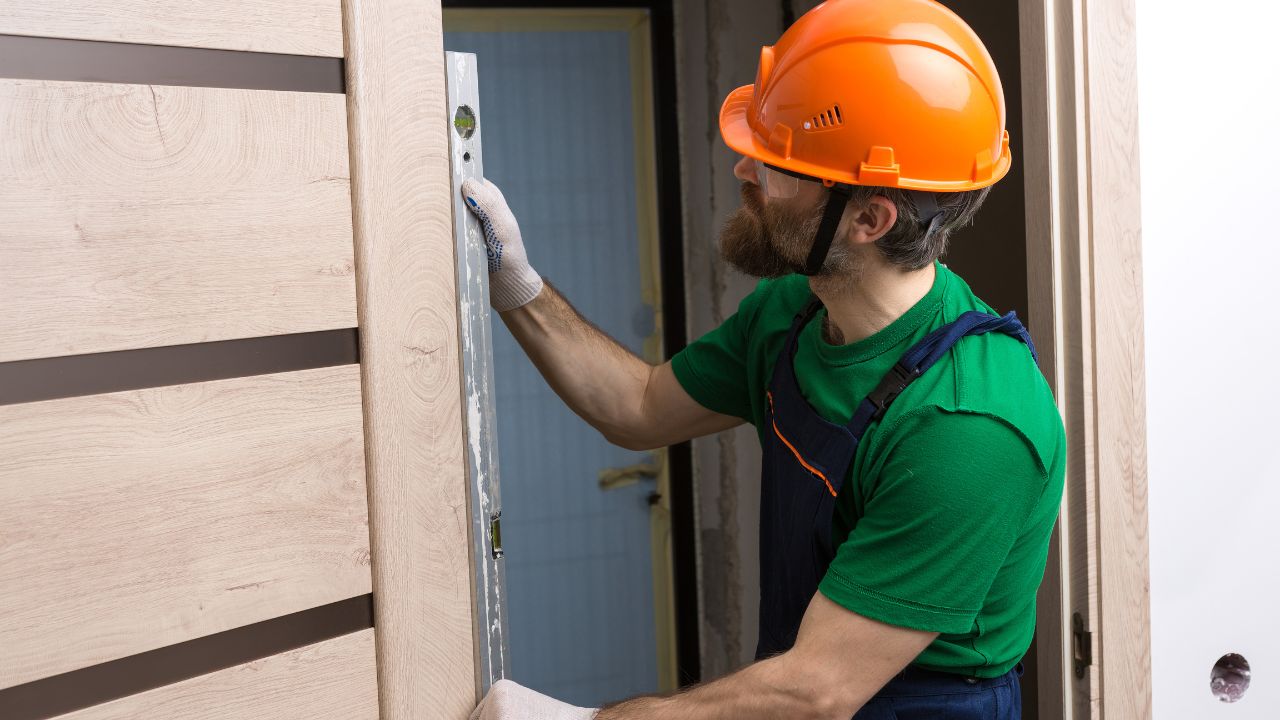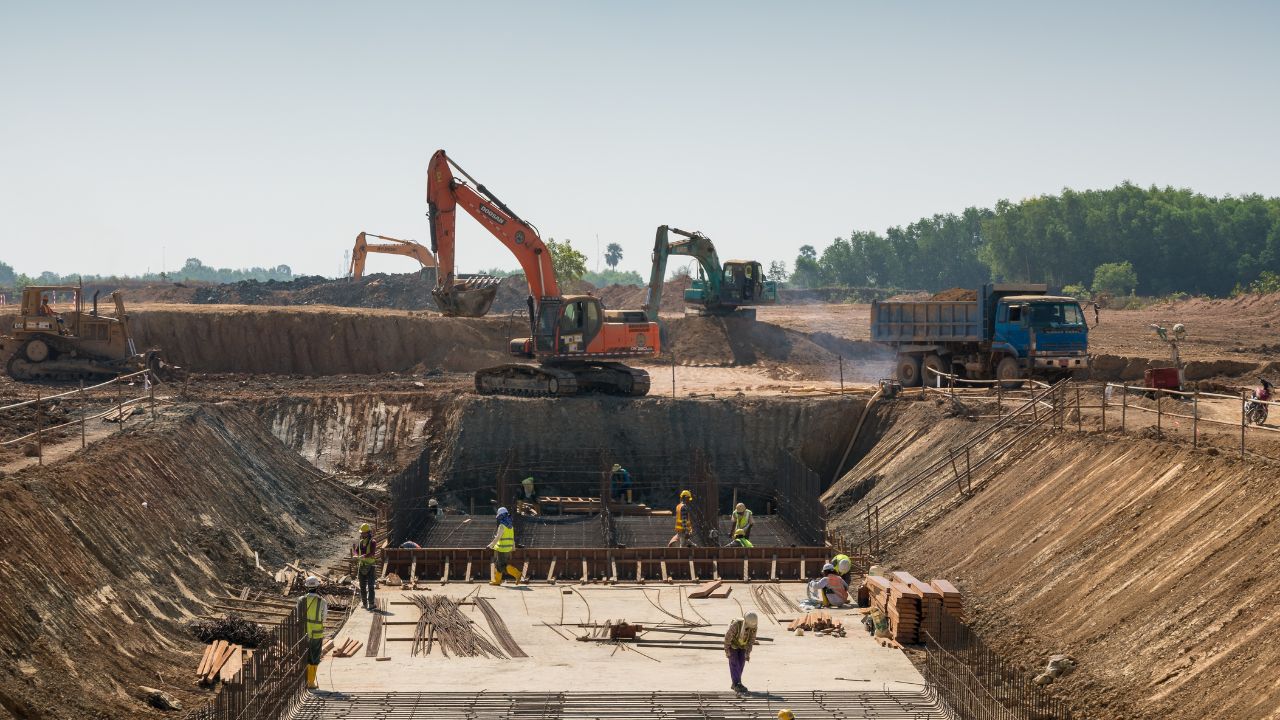When you notice water pooling on the floor, a drain that refuses to clear, or a broken water heater, it’s time to call a plumber. However, understanding what you’ll pay for plumbing services can feel overwhelming with the variety of potential issues. Let’s break down common problems and the costs so you’re prepared when discussing repairs with your contractor. Plumbers typically charge between $50 and $220 per hour, with most jobs averaging around $370 total. Some professionals offer flat rates for standard issues like clogged drains or water heater replacements. Keep in mind, actual prices can fluctuate based on the complexity of the job, timing, and location.
For plumbing systems, estimate plumbing and drainage costs to budget for your project.
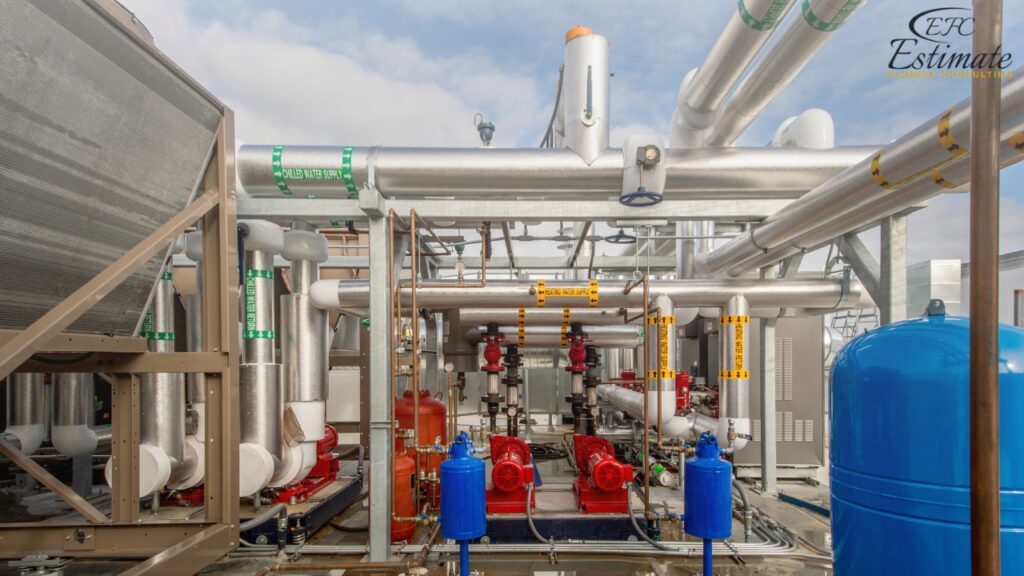
Factors That Impact Plumbing Costs
Plumbing costs can vary significantly depending on the specifics of the job. Installing a water heater in one location might cost double what it would in a neighboring state. Why? It could be due to the plumber’s experience, higher business operating costs, or differences in permit fees. When reviewing your plumber’s estimate, consider these factors that can affect the final price.
Plumber Hourly Rates Based on Expertise
Most plumbers charge between $50 and $220 per hour, excluding trip fees and materials. This rate covers the plumber’s salary, insurance, union dues, overhead, tools, and vehicle expenses. Here’s a breakdown of average hourly rates based on experience levels:
Plumber’s Expertise | Hourly Rate |
Apprentice | $50 – $100 |
Journeyperson | $80 – $130 |
Master | $100 – $220 |
Get High-Quality 3D Rendering Services Today!
Transform your space with stunning 3D Rendering that blends style, comfort, and functionality.
We Specialize in Both Residential and Commercial 3D Rendering Projects.
- Luxury Villas
- Apartment Complexes
- Home
- Condominium
- Office Buildings
- Shopping Malls
- Hospitals
- Hotels & Resorts
Apprentice
An apprentice plumber typically charges between $50 and $100 per hour, averaging about $80. Apprentices train under a master plumber for four to five years, gaining hands-on experience on various projects before becoming a journeyperson.
Journeyperson
Journeyperson plumbers charge between $80 and $130 per hour, with an average of $100. This fee covers not just their wages, but also the cost of tools, insurance, vehicle expenses, and overhead.
Master
For a master plumber, expect to pay between $100 and $220 per hour, with an average of $130. They oversee the work of apprentices and journeypersons. Requirements for certification vary by state, so check with your local construction office to understand what’s needed in your area.
Job Complexity
The more complicated the job, the longer it will take and the more it will cost. For instance, snaking a drain might take just an hour, but installing new plumbing behind a wall is a multi-step process involving drywall removal, drilling, and reinstallation. Increased job complexity means more time and materials, driving up the cost.
Type of Repair
Common repairs, like unclogging drains or replacing water heaters, are routine and often come with flat rates. A simple clogged drain might cost between $150 and $350, while a more serious issue, like a burst pipe, could cost up to $2,200 depending on the extent of the damage.
Materials
Materials only factor into your plumbing costs if new parts are needed. For example, fixing a clogged drain usually won’t require any materials. But if you need new pipes installed, the choice between PEX or copper piping will affect your overall bill. Talk to your plumber about material options and their costs, as they can recommend the best type for your area.
Labor and Permits
Labor costs for plumbing jobs typically run around $100 per hour per plumber. Many jobs require both a journeyperson and an apprentice, which means a higher combined hourly rate, but the work will be completed faster. You may also need to factor in the cost of permits, which vary by location.
Location
Your location influences plumbing costs in two main ways:
- Cost of living: Higher living costs in your area often mean higher service fees, due to the increased overhead of running a business there.
- Travel time: If your plumber has to travel a significant distance to reach you, you may incur a travel fee. This helps cover fuel and the time spent commuting.
Average Plumbing Repair Costs by Type
To get an accurate idea of your plumbing project budget, it’s a good idea to get at least three quotes from local plumbers. Comparing what others have paid for similar jobs will help you make an informed decision when the bids roll in.
We’ve gathered data from thousands of homeowners to provide a comparison of typical plumbing repair costs. Here’s a breakdown of common plumbing projects and their average price ranges:
Here’s the cost breakdown in a table format for easy reference:
Plumbing Project | Cost Range |
Fixing a Leak | $165–$495 |
Water Heater Installation | $935–$1,870 |
Unclogging a Drain | $165–$385 |
Drain Line Repair | $250–$1,290 |
Water Main Repair | $385–$1,760 |
Water Main Installation | $690–$2,970 |
Installing New Plumbing Pipes | $410–$2,200 |
Sewer Line Cleaning | $220–$605 |
Sewer Main Installation | $605–$2,530 |
Sewer Main Line Repair | $1,375–$5,390 |
Sewer Camera Inspection | $275–$1,650 |
Septic Tank Repair | $715–$3,300 |
Septic Tank Cleaning | $330–$660 |
Water Purification System | $1,100–$3,630 |
Fixing a Toilet | $165–$440 |
Faucet Installation | $165–$440 |
Shower Installation | $3,300–$12,320 |
Bathtub Installation | $4,565–$12,100 |
Water Heater Repair | $220–$1,100 |
Tankless Water Heater Installation | $1,430–$4,070 |
Sump Pump Installation | $715–$2,310 |
Sump Pump Repair | $360–$825 |
Well Pump Repair | $385–$1,650 |
Gas Line Installation/Repair | $330–$990 |
Repiping a House | $385–$2,310 |
Want to Start Your Project with the Best Contractors?
Let’s Take Your Projects to the Next Level.
& What's you will get:
- Connecting You to Top Local Contractors
- Professional Consulting, Contractors Near You
- From Expert Advice to Local Contractor Connections
Contact Now
Let's discuss with a cup of coffee
Additional Plumbing Service Costs to Keep in Mind
Plumbing service costs can vary significantly based on several factors, such as whether the work is an emergency, flat-rate pricing, or any additional call-out fees. Here’s what you should expect when budgeting for these extras.
Flat-Rate Prices for Simple Jobs
For simple service calls like fixing a faucet, unclogging a drain, or repairing a toilet, plumbers typically charge a flat rate ranging from $100 to $400. If the job becomes more complicated or takes longer than expected, you might incur additional labor charges.
Material | Cost (per bag) |
Standard Mortar | $7.99 – $13.31 |
High-Strength Mortar | $13.31 – $19.97 |
Cement for Foundation Work | $10.65 – $15.97 |
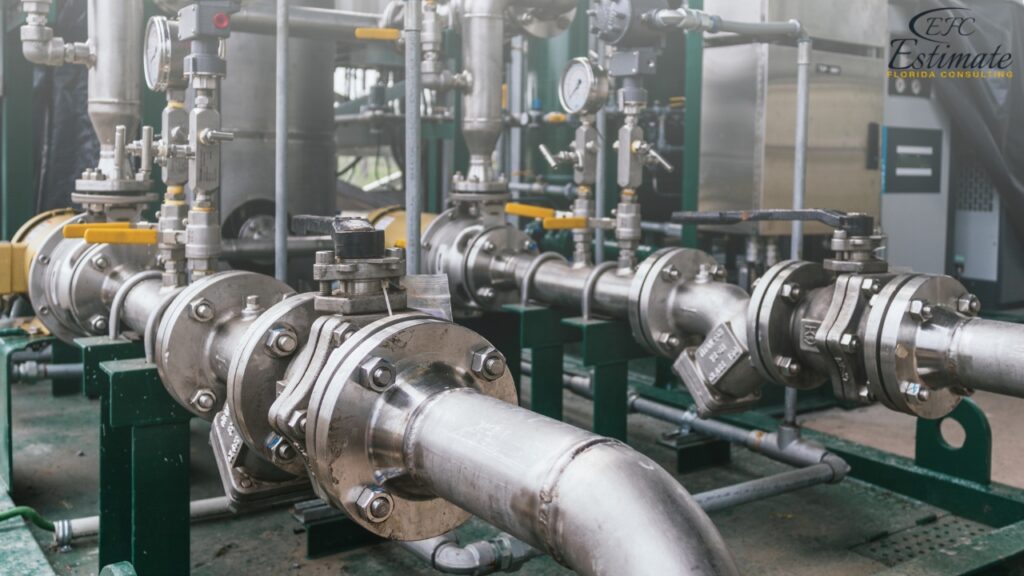
Emergency, Weekend, Holiday, or After-Hours Rates
Emergency plumbing jobs often come at a premium, especially if you need the work done outside of regular business hours. Calling a plumber on the weekend, during holidays, or after hours will usually lead to higher rates. Some plumbers charge a flat fee, while others will combine it with an hourly rate.
- Flat rate or trip fee: Expect to pay anywhere from $100 to $350, or more in some cases.
- Hourly rate: This could range from $70 to $400, depending on the time and nature of the job.
Many plumbers charge time-and-a-half to triple their regular hourly rate for emergencies. For example, they might charge time-and-a-half for evening work, double for weekends, and triple for holidays.
Service Call Fees
Service call fees generally range from $100 to $350 and often include the first hour of work. These fees typically cover common services like fixing leaks, unclogging drains, or repairing broken fixtures.
Trip or Call-Out Charges
Trip fees can vary between $50 and $300, depending on your location and how far the plumber has to travel. This fee is typically separate from the cost of labor and is designed to offset the travel time and fuel costs.
Some plumbers offer a flat fee within a certain radius of their shop and will charge extra if you’re located farther away. Others skip the trip charge but impose a one- or two-hour minimum. So even if they only spend 15 minutes fixing your problem, you’ll pay for the minimum time.
Plumbing Inspections
A general plumbing inspection usually costs between $180 and $225, though the price can increase depending on the complexity of the job. Routine inspections can often be bundled into annual service plans, while more specialized inspections, like using a camera to check your sewer lines, tend to cost more.
Haul Away Fees
If you’re replacing a large item like a water heater, bathtub, or sink, expect to pay haul-away fees of $10 to $100. This fee covers the cost of transporting and dumping the old fixture, and it’s usually included in the plumber’s estimate.
Water Damage Repair Costs
If your plumbing issue causes water damage, you may need to hire a water damage restoration specialist, which typically costs between $1,000 and $6,000. Plumbers usually don’t handle the cleanup after the repair, so it’s wise to budget for this separate cost if water damage is involved.
Commercial vs. Residential Plumbing Rates
On average, commercial plumbers charge around $100 per hour, while residential plumbers charge about $80 per hour. The skills, building codes, and equipment used in commercial work are usually different from those in residential jobs, so most plumbers specialize in one or the other.
90% More Chances to Win Plumbing Bids with Our Estimate!
Average Cost to Replace Plumbing
The cost to replace plumbing can range significantly based on the scope of the project. It typically falls between $350 and $2,000 or more, depending on the complexity. Whether you’re repairing or replacing, the cost of hiring a plumber ranges from $45 to $150 per hour, with many charging a minimum fee, a higher first-hour rate, or a trip fee.
Plumbing Prices Per Fixture
Here are the typical costs for replacing or installing some common plumbing fixtures:
- Sink Installation: Installing a new sink costs between $200 and $525, with the price influenced by the style and location (kitchen or bathroom).
- Toilet Installation: Replacing or installing a toilet costs between $200 and $525, with the variation depending on the brand, type, and the amount of time needed for replacement.
- Faucet Installation: Installing a new faucet typically costs $150 to $350. If bundled with a sink installation, some plumbers may offer discounts.
Bathtub & Shower Replacement Prices
- Bathtub Replacement: Replacing a bathtub costs between $1,000 and $5,000, with the price varying depending on the type of tub and the surround.
- Shower Installation: Installing a shower can range from $1,200 to $5,500, with material choices such as fiberglass, acrylic, tile, glass, or mixed materials affecting the price.
- Tub or Shower Liner: The cost to install a tub or shower liner ranges from $1,500 to $4,100.
Replacing the Water Pressure Regulator
The cost to replace a water pressure regulator typically ranges between $250 and $350. The part itself costs around $50, while the rest is labor, which takes approximately three hours to complete. The regulator is important for reducing pressure from the main line to prevent damage to the home’s plumbing system.
P-Trap Replacement Costs
Replacing a p-trap (the sink trap) costs between $200 and $325, with prices varying by location. Urban areas with higher living costs may have higher installation fees. The p-trap is necessary to prevent sewer gases from entering the home, as required by building codes.
Get Acquainted with Construction Estimation
Cost to Repair the Main Water Shut-Off Valve
Replacing the main water shut-off valve can cost between $375 and $600 or more, depending on accessibility. The process involves turning off the water supply, draining the system, and installing new piping and valves. This valve is essential for most plumbing repairs and is a critical component of any home.
Plumbing Stack Replacement
Replacing the main plumbing stack (the pipe that carries waste from all levels of the home) costs between $1,500 and $4,000, depending on length and accessibility. Older materials like brass, cast iron, or steel can last 70 to 100 years or more, while PVC stacks typically last around 30 to 40 years.
Material | Cost (per bag) |
Standard Mortar | $7.99 – $13.31 |
High-Strength Mortar | $13.31 – $19.97 |
Cement for Foundation Work | $10.65 – $15.97 |
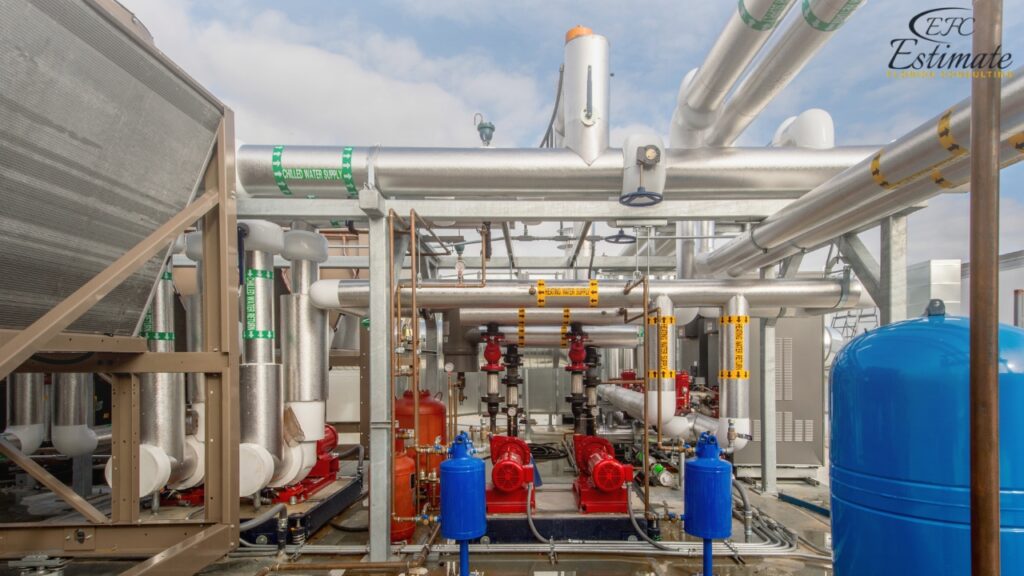
Well Pump Replacement Costs
Replacing a well pump costs around $1,500, while repairs average about $800. The cost varies based on the type of pump (jet, submersible, solar, or hand pump) and other replacement factors.
Water Heater Installation Costs
Water heater installation costs depend on the type you choose. Here’s a breakdown:
- Standard Water Heater: Installation costs range from $750 to $1,400, with high-efficiency models costing more.
- Solar Water Heater: Installing a solar water heater ranges from $2,000 to $5,200.
- Tankless Water Heater: Tankless water heaters typically cost between $1,000 and $1,800 to install.
Water or Gas Holding Tanks
Replacing a holding tank costs between $1,500 and $2,400, while removing an old holding tank can add another $500 to $1,350 to the total cost.
DIY vs. Hiring a Plumber
While some minor plumbing fixes may seem easy enough to tackle on your own, it’s usually better to hire a professional plumber. Most plumbing jobs require specialized skills, tools, and experience, especially for complex repairs. While you might be able to handle small tasks like fixing a leaky faucet or clearing a clogged drain, major repairs could lead to bigger problems like water damage, which wouldn’t be covered if the job was done incorrectly.
Plumbing may not be inherently difficult, but it requires extensive training and knowledge. You’ll need to understand not only local building codes but also how to work with various piping materials. For instance, tightening PVC too much can cause cracks, turning a small repair into a costly disaster. Mastering these details takes experience, which is why a professional can save you both time and money in the long run.
Choosing the Right Plumber
When choosing a plumber, there are a few key factors to consider:
- Licensure: Most states issue plumbing licenses. You can verify whether a plumber’s license is valid and check for any complaints by contacting the licensing board. However, keep in mind that not all states require journeymen plumbers to be certified.
- Insurance: Always make sure the plumber carries current workers’ compensation insurance and at least $500,000 in liability insurance. This protects both the plumber and you in case of any accidents on the job.
Before hiring a plumber, prepare a list of questions to ask them, such as their experience with similar repairs and their warranty policy. If you’re not dealing with an emergency, it’s a good idea to get several quotes. Many plumbers offer free estimates, and some might even provide free consultations for first-time customers.
General Plumber vs. Plumbing Contractor
There are two main types of plumbers: general plumbers and plumbing contractors. Understanding the difference can help you choose the right professional for your project.
- General Plumber: These plumbers handle typical repairs, maintenance, and some emergency situations. They’re the go-to option for fixing leaks, unclogging drains, and installing fixtures. If you establish a relationship with a general plumber for routine maintenance, they might be more available to handle emergency repairs when they arise. It’s a good idea to hire them during non-urgent situations to build rapport, making it easier to get priority service in the future.
- Plumbing Contractor: These professionals specialize in new construction, major renovations, and large-scale projects. They usually don’t handle emergency repairs or smaller residential jobs. If you’re building a new home or undertaking a significant remodel, a plumbing contractor is the right choice. However, some companies may offer a mix of services, covering both small residential work and larger construction jobs.
Plumbing Inspection Charges
The average cost for a plumbing inspection is around $165, though this can vary depending on your location. If bundled with other home inspection services, costs can range from $250 to $500. While a plumbing inspection may not always be required when buying a home, it provides affordable peace of mind, ensuring everything is in proper working order.
Tips for Saving on Plumbing Costs
Hiring a professional plumber doesn’t mean you need to overspend. Licensed plumbers provide experienced, insured work that can save you from costly future repairs. Here are some tips to stay on budget and avoid unnecessary expenses:
- Plan Ahead: It’s a good idea to shop for a plumber before emergencies arise. Don’t wait until you have a major issue, like a burst pipe, to find a reliable plumber.
- Get Estimates in Writing: Always ask for a firm, written estimate before work begins, and ensure you’re notified about any additional problems or costs that arise during the job.
- Understand What Affects Cost: Prices can fluctuate based on various factors, including the quality and quantity of fixtures, job time, location, and the urgency of the job. Holidays, weekends, and emergency calls will usually result in higher charges.
- Watch for First-Hour and Trip Fees: Many plumbers charge higher rates for the first hour or a flat trip fee just for showing up. These fees often get included in the total repair cost, but it’s wise to clarify this beforehand.
- Beware of Lowest Bids: While it may be tempting to choose the lowest estimate, some companies may offer lower hourly rates but tack on extra charges for equipment or unexpected fees. It’s often better to pay a little more for better service and fewer surprises.
- Check for Licensing: Not all companies employ licensed plumbers. While a basic job, like unclogging a drain, might be handled by an unlicensed technician, more complicated issues should be addressed by a licensed pro who can diagnose and fix problems accurately.
- Bundle Jobs to Save: If you’ve been putting off minor issues like a leaky faucet, mention them while your plumber is already working on something else. Bundling jobs can reduce the total labor costs and save you time.
How to Estimate Plumbing Jobs
Estimating a plumbing job is typically left to professionals, but understanding basic plumbing principles can help you recognize potential issues before they become serious. Familiarizing yourself with the common costs and services outlined in this guide will give you a good idea of what to expect when calling a plumber.
Conclusion
Understanding the cost factors of plumbing systems helps homeowners and contractors plan effectively for repairs, replacements, and installations. From plumber hourly rates to the complexity of jobs and material choices, various elements influence the final price. By breaking down costs and knowing what to expect, you can budget for plumbing services more confidently. Whether it’s a minor repair or a major project, getting multiple quotes and working with licensed professionals ensures the job is done efficiently and within your budget. This proactive approach helps avoid surprises and ensures your plumbing system operates smoothly for years to come.
Question Answer
Frequently Asked Question
Plumbers typically charge between $50 and $220 per hour, depending on their experience level. Apprentices charge around $50 to $100, journeypersons charge $80 to $130, and master plumbers charge $100 to $220.
Plumbing costs depend on factors like the complexity of the job, plumber's expertise, location, material costs, labor charges, and permits. The type of repair or installation, as well as emergency or after-hours work, can also influence the final price.
Here are some typical plumbing repair costs:
- Fixing a leak: $165–$495
- Water heater installation: $935–$1,870
- Unclogging a drain: $165–$385
- Water main repair: $385–$1,760
- Sewer line cleaning: $220–$605
Water heater installation costs range from $750 to $1,870 for a standard model. Tankless water heaters cost between $1,430 and $4,070, and solar water heaters can range from $2,000 to $5,200.
Emergency plumbing services typically cost more due to after-hours or holiday rates. You might pay a flat fee of $100 to $350 or an hourly rate ranging from $70 to $400, with many plumbers charging time-and-a-half to triple their standard hourly rates.
Yes, plumbers often charge a trip fee or service call fee, ranging from $50 to $350. This fee may include the first hour of work, or it might be separate from labor costs.
Labor costs for plumbing jobs usually range around $100 per hour. Complex jobs may require both a journeyperson and an apprentice, resulting in higher hourly rates but faster job completion.
Installing new plumbing pipes can cost between $410 and $2,200, depending on materials and complexity. Replacing a home’s entire plumbing system can cost between $385 and $2,310.
Fixing a toilet or installing a faucet typically costs between $165 and $440, depending on the type and complexity of the repair or installation.
A standard plumbing inspection costs around $165 to $225. If bundled with other services or involving specialized inspections like sewer line cameras, the cost may increase to $275 to $1,650.
Commercial plumbers generally charge more, averaging around $100 per hour compared to $80 per hour for residential plumbers. Commercial work often requires different skills, equipment, and building code knowledge.
General plumbers are ideal for routine repairs and maintenance, such as fixing leaks or installing fixtures. Plumbing contractors handle large-scale projects like new construction or major renovations.
Comprehensive Trade-Specific Estimates
At Estimate Florida Consulting, we offer detailed cost estimates across all major trades, ensuring no part of your project is overlooked. From the foundation to the finishing touches, our trade-specific estimates provide you with a complete and accurate breakdown of costs for any type of construction project.
Our Simple Process to Get Your Estimate
Upload Plans
Submit your project plans, blueprints, or relevant documents through our online form or via email.
Receive Quotation
We’ll review your project details and send you a quote based on your scope and requirements.
Confirmation
Confirm the details and finalize any adjustments to ensure the estimate meets your project needs.
Get Estimate
Receive your detailed, trade-specific estimate within 1-2 business days, ready for your project execution.



Our Clients & Partners
We pride ourselves on building strong, lasting relationships with our clients and partners across the construction industry.
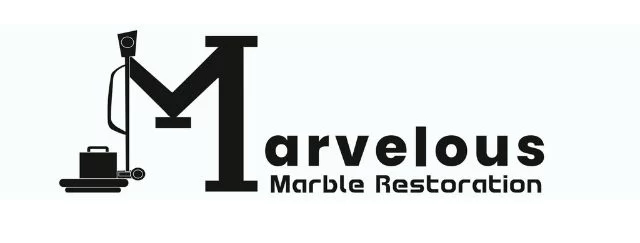
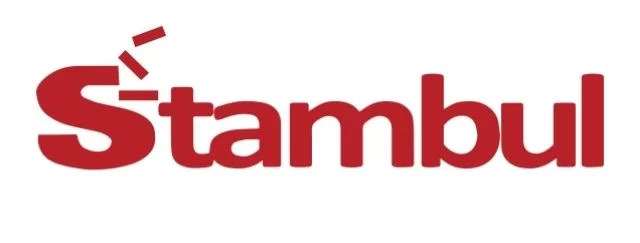
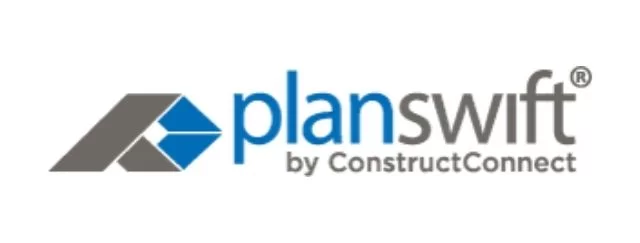
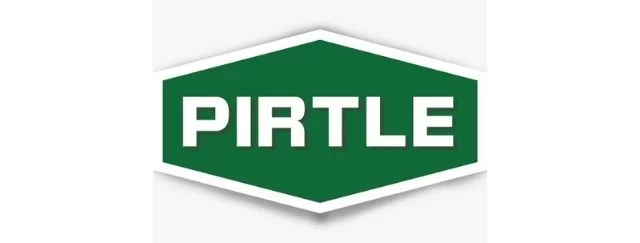

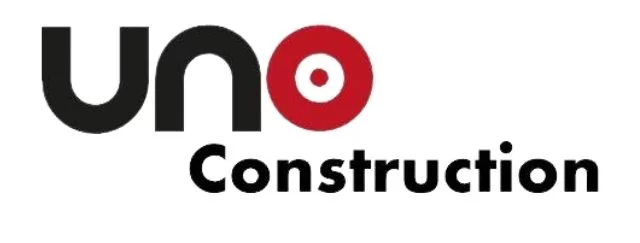
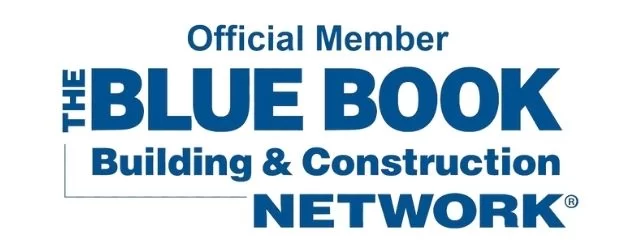
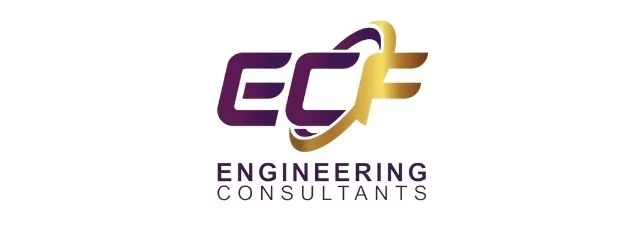
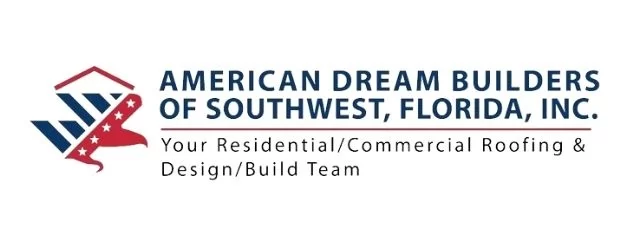
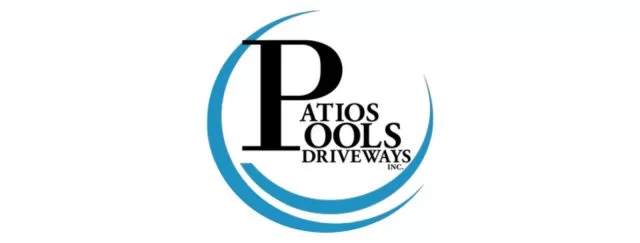

Testimonials
What Our Clients Say
We take pride in delivering accurate, timely, and reliable estimates that help contractors and builders win more projects. Our clients consistently praise our attention to detail, fast turnaround times, and the positive impact our estimates have on their businesses.
Estimate Florida Consulting has helped us win more bids with their fast and accurate estimates. We trust them for every project!




